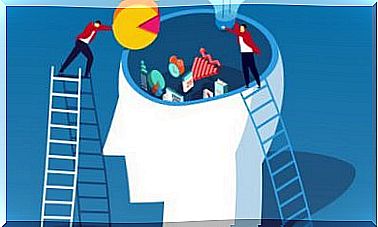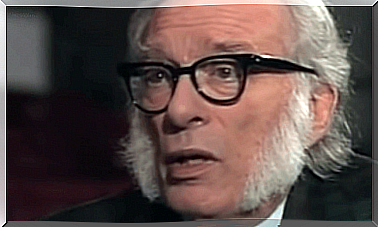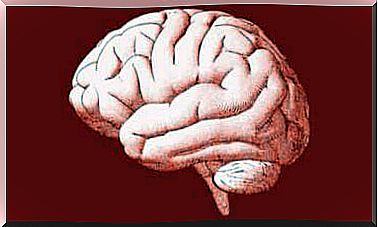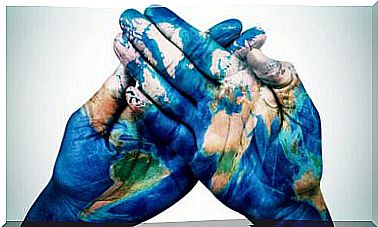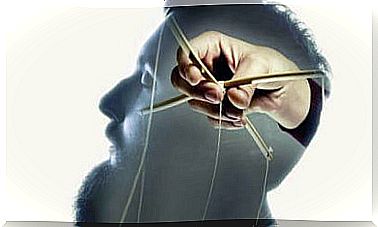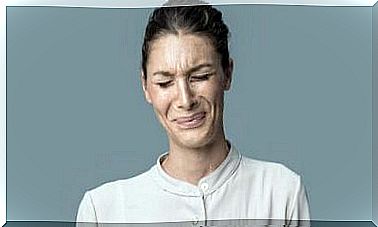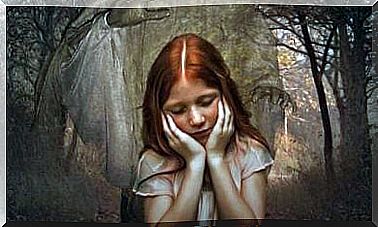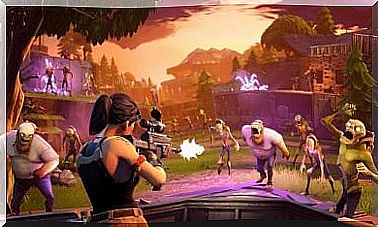When You Are Your Worst Enemy
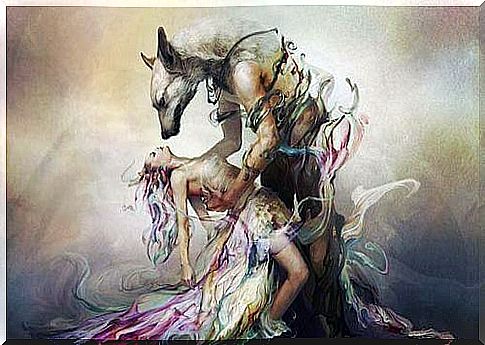
Being enemies of oneself means having feelings of rejection towards what we are, think and feel. It means exerting a fierce and exaggerated criticism of everything we do. It means avoiding any opportunity that makes us happy or makes us feel better.
There is no love without hate, just as there is no hate without love. These two feelings are like day and night: two sides of the same coin. Even the most tender and sincere affections have glimmers of hatred, due to the fact that every form of love implies a certain amount of dissatisfaction. There is no perfect love, as there are no perfect human beings.
We love and are loved in a bad way. This concept also applies to the love we feel for ourselves: we are never so complete as to make all flaws or doubts disappear.
The more self-love is consistent, the more love we can feel for others. But what happens when, instead of loving each other, we hate each other? What happens when we act as if we are our own worst enemy?
“Not even your worst enemy can hurt you more than your thoughts can.”
(Buddha)
Enemy of himself, why?

It would be logical that each of us at least relied on himself to advance in life, but things don’t always go this way: often, we are the ones who turn our life into hell.
No one is born hating himself, on the contrary: at the beginning of our life we ask for everything and we give nothing. We have no doubts about the legitimacy of our needs and desires. It is precisely during childhood that those terrible negative fantasies about ourselves begin to boil in the pot, which can mark us for a lifetime.
What leads us to this tremendous conviction is the presence of a figure who makes us believe all these things. It can be a loved one and a fundamental person as we grow up, like a dad, a mom or both. Sometimes it’s the whole family structure or someone we depend on.
What is certain is that this figure or this structure is incapable of lovingly welcoming a new being. In general, there is a chain of “lack of love”: the parents or the family repeat what they themselves experienced during their childhood.
They have almost certainly lived relationships in which indifference prevailed in the face of the needs of others, in the face of sadness, shame and aggression. They have witnessed infinite gestures of abandonment (or the threat of abandonment) and rejection.
Heavy silences, denial of feelings. Refusal and punishment in the face of acts of self-affirmation. Severity in judgments and repression of emotions. In such an environment, it is difficult to have the conditions to build a healthy sense of appreciation for oneself and for others.
The vicious circle

Self-contempt develops both consciously and unconsciously. Everyone carries within themselves a component of self-destructive instincts, which grow and strengthen when the surrounding environment feeds them.
What follows is, of course, a difficult story: the child becomes an adolescent and then an adult, and his life is perpetually flooded with feelings of sadness, anger and guilt. The worst thing is that these feelings are highly indefinite: sadness, anger and guilt can arise from any circumstance and can be directed towards everything and nothing.
At this point, in thought, some automatisms are born: “I can’t”, “I’m not capable”, “I’m afraid”, “I’m good for nothing”, “nobody really cares about me” . These thoughts also affect the opinion of others: “they cannot”, “they are not capable”, “they are afraid”, “they are good for nothing”, “nobody cares about them” .
Thus, a vicious circle is created in which the harmful relationship with oneself turns into a destructive relationship with others. This generates experiences that fuel the idea of being bad or unworthy people.
In this lack of self-love, there is a mechanism called “identification with the aggressor”: this means that the individual “victim” ends up resembling the people who have harmed him. Obviously, this is an unconscious mechanism.
As a child, you longed for love, appreciation, and respect, but perhaps you received the opposite. However, instead of reflecting and improving, you end up copying the behaviors of those who have rejected, abandoned or attacked you.
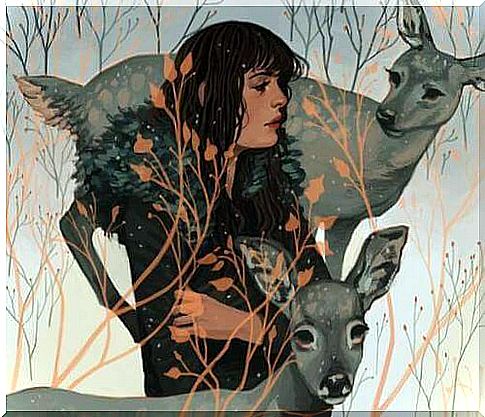
You end up being trapped in a mirror, to keep reproducing the negative gaze you have received, to internalize the hatred and rejection that you have been a victim of, to accept these feelings.
Stories like this are the root of many common problems, such as depression. In it, there remains the absence of objectivity during the analysis of what we are told or done and, therefore, we passively accept the fact that we deserve all this. This is how we end up bearing a burden that would not be ours.
Images courtesy of Ryohei Hase
